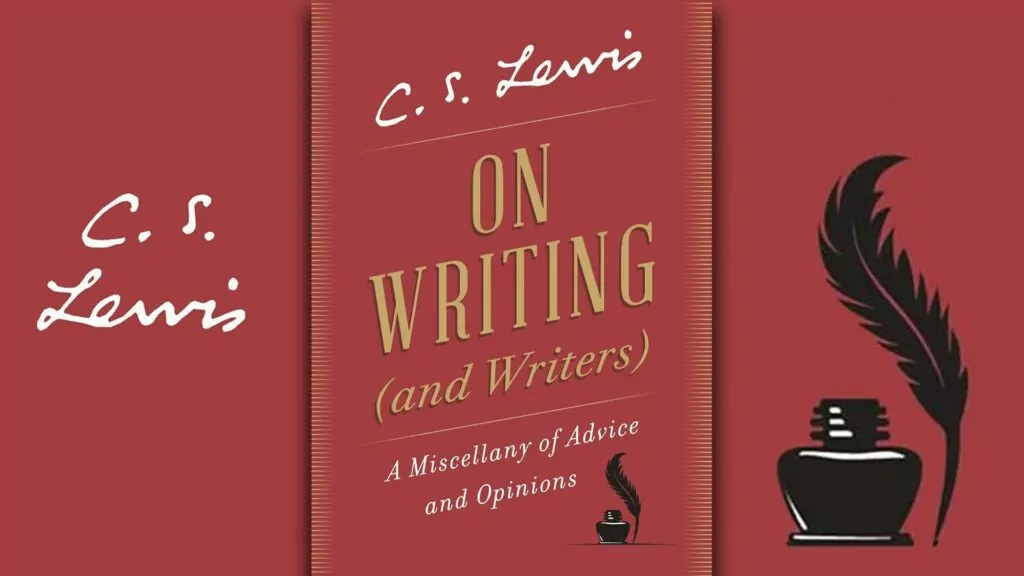You might not make a lot of money writing, but you can have an impact
*****
It’s been said that all that is needed to become a writer is the strong desire to say something. Writing is simply taking your thoughts and research and organizing them on paper, or in your computer, or on your blog, to prove a point or tell a story. It may soothe someone’s soul, clear up a dispute, record family history, challenge someone to live a more godly life, or simply brighten a person’s day with humor or appreciation.
This issue marks the 20th anniversary of my first article in Reformed Perspective, and over the years I’ve had people ask me how they could get started in writing. Sometimes what they mean is, “How can I make money off of writing?” and the short answer is, that probably isn’t a good motivation to write… at least not for most of us. I heard at a Christian writers’ conference that with most books you might only make about a dollar off each one, so unless someone famous promotes your book, you won’t earn much. Magazines pay a bit, and if you can get into one with a larger circulation, it will pay more. Newspapers may take articles on a volunteer basis, or give you $25 (for the 6 hours you spent on it!).
But getting paid is only one reason for honing your writing ability.
In her book The Hidden Art of Homemaking, Edith Schaeffer shared that she thought there was all sorts of “art found in the ordinary areas of everyday life.”
“Each person has, I believe, some talent which is unfulfilled in some hidden area of his being – a talent which could be expressed and developed.”
Schaeffer pointed out that the ability to write ought to be used to express our creativity and/or to bless others, and not just considered as a way to possibly earn money. She gave many examples of how one might use writing in daily life, such as letters of appreciation, explanation or persuasion; poems, anecdotes, adventure, humor, family history, or stories given as a gift.
Writing also helps the writers themselves organize their thoughts and process their feelings – as one best-selling author put it, “I write to find out what I think.” This is true of journaling and of writing fiction, as it can aid you in processing your own thoughts and emotions through your characters.
So how did I get started? Let me outline how it has progressed for me.
Writing just for fun
I discovered in grade school that I enjoyed writing. In 5th grade I wrote 50 stories in 6 weeks to earn an A, and a funny poem in 6th grade that was well-received by my classmates. In high school I found essays very easy to write.
However, when I got to college, my previous attempts were deemed “average” and I was challenged to improve. My professor said, “Somebody has to write the books and tracts and magazine articles – why not you?” I kept that advice in mind over the years. When I taught English Grammar and Composition for 5 years, I honed my abilities while seeking to inspire my students as I had been inspired.
My interest in writing didn’t stop when I got married and had 6 kids. I found opportunities to write for various company and club newsletters for free. I wrote occasional poems for family members, and composed songs for my children. I wrote Sunday School lessons for little children. I also wrote a letter to the sellers of a house we dearly wanted to purchase – and that letter caused us to win the bid! I wrote three articles for free for our local newspaper, which turned out to be good listable experience on my résumé since the articles were posted online.
I also attended Christian writers’ conferences. These seminars provided advice, encouragement, and connections with seasoned writers and publishers.
One thing led to another
We cannot know what we might do that will lead us to something else. As far as paid writing goes, here is how my journey has progressed:
- In 2005, with high hopes, I sent an article to Reformed Perspective. After improvements, my first and second articles were published. Then I was on a roll, tackling numerous topics for my own column, entitled “Soup and Buns.”
- An article about those earlier Sunday School lessons that I had written with a friend, led to an Orthodox Presbyterian Church in California hiring me to write a 2-year curriculum entitled “Bible Overview for Young Children” with matching topics for ages 2-6 and 6-9. Copies have been sold to churches, families, and Ladies’ Bible Study groups and given to missionaries.
- In 2009, I published a book, a collection of Reformed Perspective articles, entitled Soup and Buns: Nourishment from God’s Word for Your Daily Struggles.
- From 2010 to 2013 I began writing SEO (Search Engine Optimization) paragraphs for clients’ websites. Each paragraph of 350-500 words paid from $3 to $9 each. I found the opportunities through Upwork.com and wrote about everything from credit cards to chicken recipes.
- After a month using Upwork.com, I bid on three requests for community newsletter articles in small towns about an hour away. Note: those freebie newspaper articles I wrote a few years back were the proof to this new company that I knew how to write. They got me the job! One thing led to another, and soon I was invited to apply for a full-time position as their Publication Manager.
- I have continued to write for Reformed Perspective, and occasionally for Una Sancta (a Free Reformed Churches of Australia publication) and New Horizons (the OPC denominational magazine). I have a new book entitled Life and Breath and Everything which contains over 50 articles first published between 2010 and 2024.
Encouragement
The best writing teacher I ever encountered assigned numerous projects to her 7th graders, and graded them only on content. She wanted them to express, explain, or exult, not be exasperated! Each student then chose their favorite 3 projects and cleaned up all the grammar and punctuation in them for their final grade.
If you had a teacher that frightened you away from writing by marking you down for each misplaced comma and word on every project, don’t think that you cannot write. Write. Express yourself! If someone else is going to see it, fix it up before you deliver it. Very rarely is a first draft perfect.
Conclusion
In Ecclesiastes 9:10, we read, “Whatever your hand finds to do, do it with all your might.” Schaeffer’s book applies this to writing, but also to other forms of creativity, such as sketching, painting, cooking, gardening, or music. We all have God-given skills that can be used in our daily lives.
The important thing is to start doing it, and then see where one thing might lead to another.
Sharon’s new book “Life and Breath and Everything” is available on Amazon.com and Amazon.ca. Her first book “Soup and Buns” and her “Bible Overview for Young Children” are available by contacting her at [email protected].












